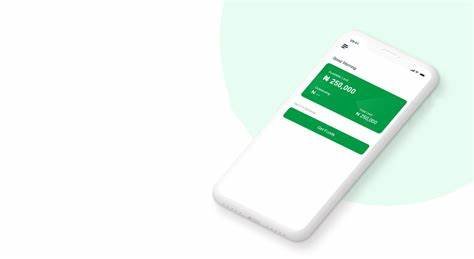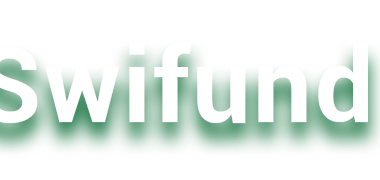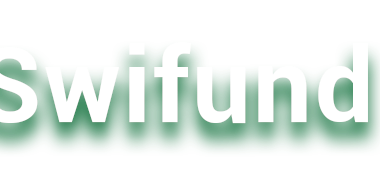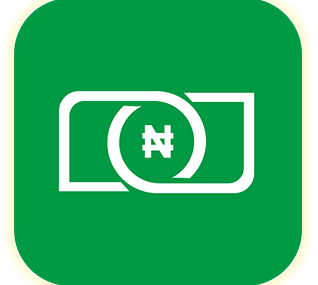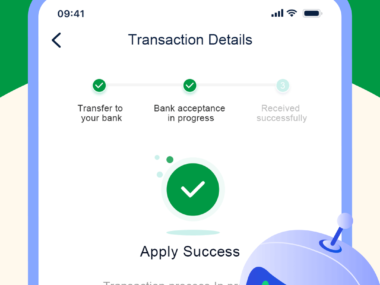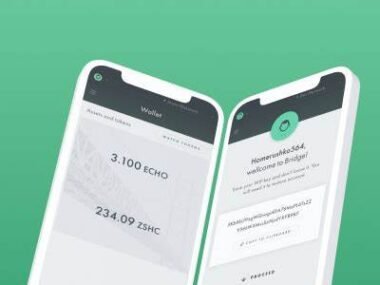Picture this: You’ve been working hard, saving every naira you can, but despite all your efforts, you still can’t seem to reach that goal of owning a car or buying a house. The thought of a mortgage or car loan seems daunting, yet it’s the only way to make your dreams come true. Does this sound familiar? You’re not alone.
The journey towards owning a car or a house is something many Nigerians dream about, but the financial reality often gets in the way. Thankfully, there’s a way forward. Loans can open the door to achieving these big dreams—whether it’s for a new car to improve mobility or a house to provide your family with comfort and security. But how do you make it happen? How do you secure a loan that will work for you?
You can also read:
- How to Get Fast Funds with Instant Approval and Easy Terms!
- Are There Agricultural Loans for Farmers in Nigeria?
- How Can Rural Farmers Access Loans Without Bank Accounts?
- What Types of Loans Are Available to Nigerians, and Which One Suits My Needs Best?
- How Can I Manage My Loan Repayment If I Have a Fluctuating Income?
- How to Get Quick Loan Approval Without Stress in Nigeria
- How to Apply for Loans Without Being Rejected in Nigeria
- Proven Steps to Secure a Loan Without Collateral in Nigeria
- The Secrets to Getting Your Loan Approved on the First Attempt
- How to Borrow Money Safely Without Falling for Scams
- How to Access Loans Fast Without Long Bank Delays
- How to Apply for a Loan Without a Guarantor or BVN
- The Easiest Way to Get a Loan Without Collateral in Nigeria
- Best Loan Options in Nigeria for People with No Steady Income
- Smart Strategies to Get Your Loan Approved Faster
- How to Access Loans for Your Business Without High Interest Rates
- Top Mistakes to Avoid When Applying for a Loan in Nigeria
- How to Borrow Money Without Ruining Your Reputation
This article will walk you through the different types of loans available in Nigeria for purchasing a car or a home. We’ll guide you through the process of securing a loan, understanding how to repay it, and most importantly, how to make smart choices that will bring you closer to your goals.
Why Do You Need a Loan for a Car or House?
Before we dive into the specific types of loans available, let’s take a moment to reflect on why you might need a loan. Whether you’re struggling to buy a car that will ease your commute or a house that will give your family a safe space to call home, loans provide the financial support to bridge that gap.
1. Car Loans
A car is an essential part of daily life, especially in a country like Nigeria where transportation infrastructure can be unreliable. For many Nigerians, a car loan is the most viable option to purchase a vehicle when they don’t have the full funds upfront.
2. Home Loans (Mortgages)
Owning a home is the ultimate dream for many, but the high costs of real estate in Nigeria make it difficult for most people to buy a house outright. A home loan or mortgage allows you to spread the cost over several years, giving you the opportunity to become a homeowner without draining all your savings.
Both of these goals—whether buying a car or a house—are dreams that can become a reality with the right loan and repayment plan. The question is, how do you find the right loan for your needs?
Types of Loans Available for Buying a Car or House in Nigeria
In Nigeria, there are several types of loans you can apply for to purchase a car or a house. Below are the most common options available:
1. Car Loans (Auto Loans)
Car loans are designed to help you purchase a vehicle by borrowing the money from a lender and paying it back over time with interest. The vehicle itself often serves as collateral, meaning the bank or lending institution may seize the car if the loan is not repaid as agreed.
Key Features of Car Loans:
- Interest Rates: Typically range between 10% and 20% per annum.
- Eligibility: You need to be a Nigerian citizen, aged 21 or older, with a stable income or business.
- Repayment: Repayment periods typically range from 12 to 48 months.
2. Mortgage Loans (Home Loans)
A mortgage loan is a long-term loan secured against the property you wish to buy. It’s one of the most common ways to finance the purchase of a house in Nigeria, especially as property prices can be quite high.
Key Features of Mortgage Loans:
- Interest Rates: Range from 12% to 18% annually, depending on the lender and the specific mortgage plan.
- Eligibility: Applicants must be a Nigerian citizen or a resident with a verifiable source of income. You may also need to provide a down payment of at least 10% of the property value.
- Repayment: Mortgages are typically repaid over 5 to 25 years, depending on the lender.
3. Personal Loans
Personal loans can also be used for purchasing a car or a home, although they are unsecured loans, which means they do not require collateral. While the interest rates on personal loans can be higher than that of car loans or mortgages, they are a viable option for individuals who may not have assets like a car or home to secure the loan.
Key Features of Personal Loans:
- Interest Rates: Typically between 15% and 30% annually.
- Eligibility: You need to have a good credit score and a steady income.
- Repayment: Personal loans usually have repayment periods of 12 to 36 months.
How Can You Plan for Repayment?
Once you’ve secured a loan for your car or house, it’s essential to have a solid repayment plan. Repaying a loan without a clear plan can lead to unnecessary stress and financial hardship. Here’s how you can effectively plan for repayment:
- Understand the Loan Terms: Read through your loan agreement carefully. Know the interest rate, repayment schedule, and any additional fees. Make sure you’re clear on how much you need to pay each month.
- Create a Budget: Allocate a portion of your monthly income specifically for loan repayments. This will help ensure that you never miss a payment.
- Stick to Your Repayment Schedule: If possible, try to make early payments to reduce the total interest you’ll pay over time. Early repayment can also improve your creditworthiness for future loans.
Loan Options from Swifund
Swiffund is one of Nigeria’s prominent loan providers, offering flexible loan plans for individuals who want to buy a car or house. Here’s a look at the loan options they offer, along with the interest rates and eligibility criteria:
| Loan Type | Interest Rate | Eligibility Criteria | Repayment Period |
|---|---|---|---|
| Car Loan | 12% – 18% per annum | Age 21+, proof of income, valid ID, stable employment | 12 to 36 months |
| Home Loan (Mortgage) | 10% – 15% per annum | Age 25+, valid ID, steady income, at least 10% down payment | 5 to 20 years |
| Personal Loan | 15% – 30% per annum | Valid ID, proof of income, credit history | 12 to 36 months |
Note: Always verify terms and conditions on Swiffund’s official website.
Advice from Edujects:
“On no account should you take beyond what you can repay. This is an opportunity, but don’t overuse it just because you have access to it freely. Don’t take more than what you can afford based on your income expectations. Use the money for its intended purpose. Learn from the business mindset of the Igbo community—Igbo people would never borrow money for something other than the specific purpose for which it was intended. Anyone can face an emergency, but it requires an emergency solution. If you’ve taken a loan to fill an emergency gap, once the emergency is resolved, immediately focus on repayment. This will build trust and integrity, allowing others to benefit from loans in the future. Paying back on time will encourage lenders like Swiffund to help others in need. Don’t wait until they’re chasing you with phone calls—plan for repayment today.”
Securing a loan to buy a car or a house in Nigeria is more than just borrowing money—it’s about making an investment in your future. Whether it’s a car that will improve your mobility or a home to give your family a sense of stability, understanding the different loan types, repayment plans, and interest rates is crucial to making an informed decision.
Loans can be a helpful tool if used wisely, but they come with responsibility. By planning for repayment and making sure you don’t over-borrow, you can secure a loan that works for you and helps you achieve your dreams.
